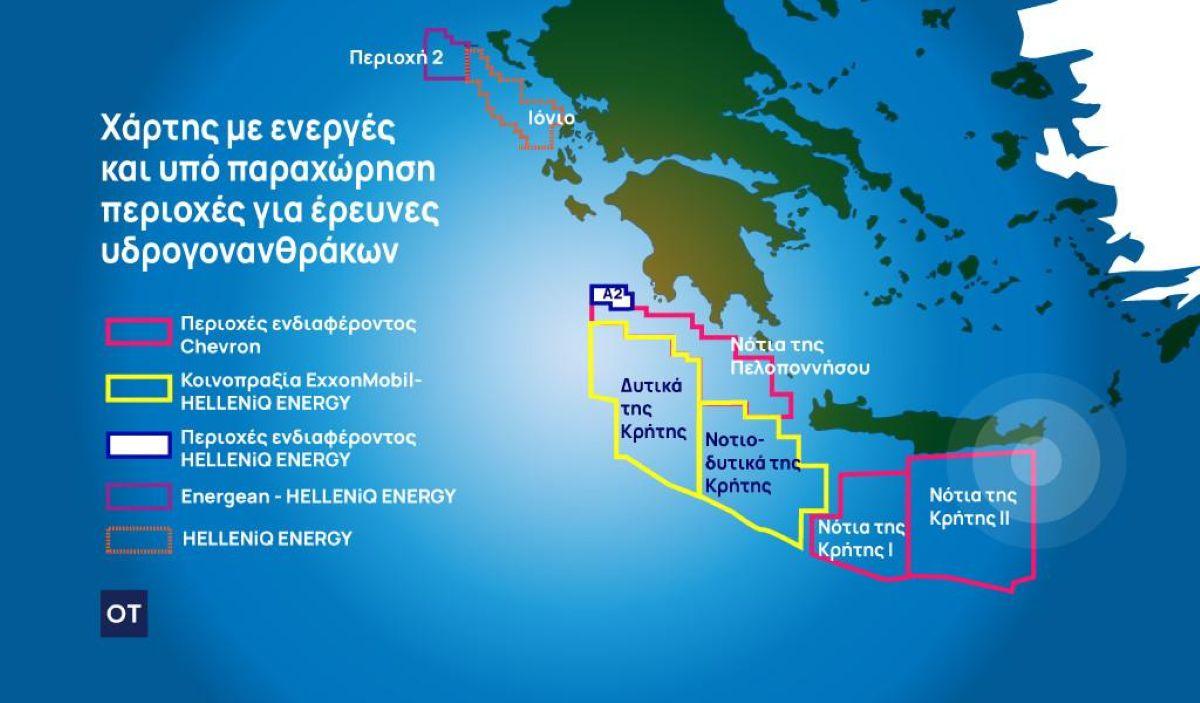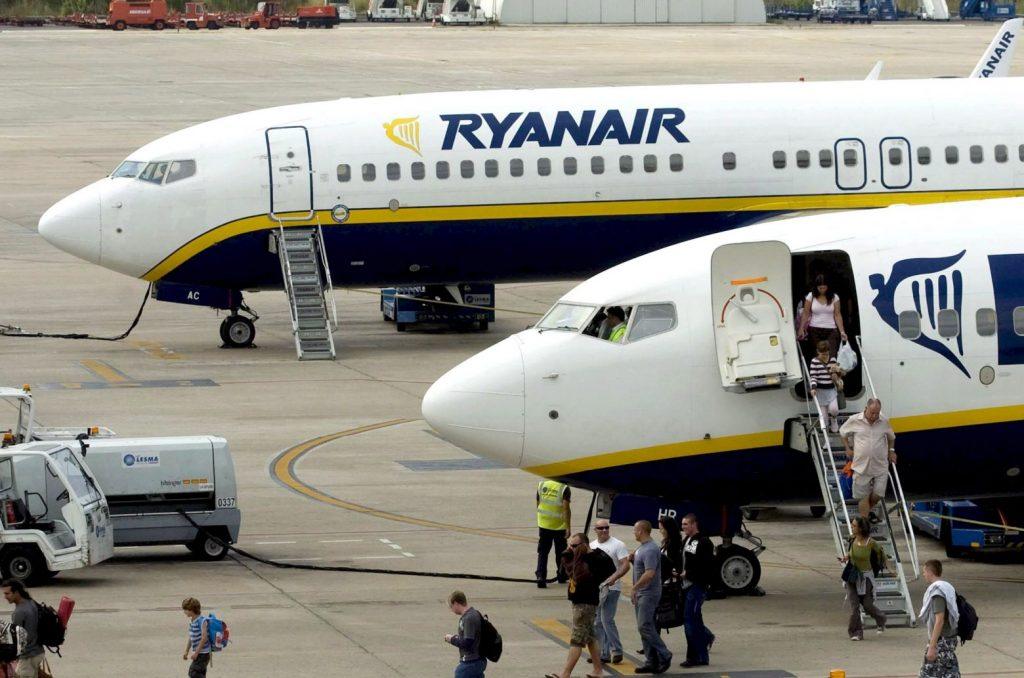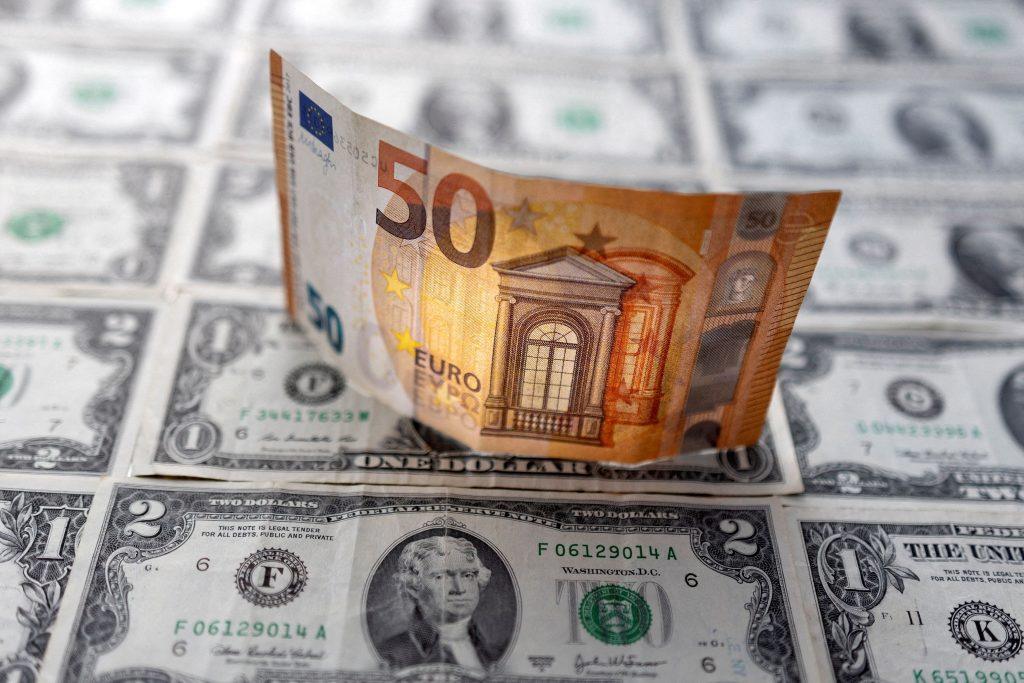The tourist success story is becoming more and more established, as this year month after month tourist arrivals are breaking one record after another, leaving behind all the “signs” of the pandemic.
All figures show that travel receipts could reach 20 billion euros, higher even compared to 2019 (when receipts exceeded 18 billion).
In July, international passenger arrivals at the 14 regional airports exceeded all expectations, with inbound traveler traffic reaching 5.127 million visitors compared to 4.49 million in the corresponding month of 2019. These figures represent a new record for arrivals at these airports and the increase corresponds to a percentage of the order of 13.9%.
Read also: Greeks holiday on the beach using low cost criteria
Islands at the top
Tourist traffic on the islands is running at rates that exceed those of 2019. As expected, occupancies in Mykonos and Santorini reach almost 100%, with August moving at spectacular levels, while the prospects for September’s tourism performance are also very good, according to the islands’ entrepreneurs.
Apart from the two most popular islands, of course, the season for Paros and Naxos is developing dynamically. In the case of the latter, as early as May the increase in ferry arrivals reached 200% compared to the golden year of 2019, while even in June the island managed to reach 94% of the reference year’s occupancies.
Competitive destination
The competitiveness of Greece and Athens as destinations remains high, as evidenced by the online reviews shared by visitors to the country in relation to culture, nature, gastronomy and accommodation.
According to an analysis by the Institute of the Association of Hellenic Tourism Enterprises (INSETE), carried out in the context of its wider cooperation with the Municipality of Athens, the experience of visitors this summer is also expected to have the highest impact on the reputation of Greece as a whole.
Read also: Tourism: The total comeback of Greece’s “heavy industry”
For June:
- The volume of online media conversations about Greece and Athens continued to increase in June.
- Pandemic-related discourse remained stable for Greece and those for Athens showed a slight increase.
- The lifting of restrictive measures to deal with the pandemic continued to be discussed, while flight cancellations and the chaotic situations at European airports due to staff shortages emerged as dominant issues.
- The net sentiment score of Greece (52) significantly exceeded (by +12 points) that of Spain, equaling Portugal, while it is marginally (by -1 point) behind that of Italy.
- Athens’ online reputation was at 62 points (+10 points above Greece and -6 points compared to May).
- Regarding the reputation based on the destination experience (e.g. accommodation, dining, attractions), despite the slight “typical” decrease that occurs when a destination’s traffic increases, Greece maintains its score of 9 for three consecutive months, continuing to exceed the European average (8.6).
Also read: Cruises: On course for a record year
For Q2 2022:
In terms of overall reputation in the second quarter of 2022, in volatile global and European conditions where most destinations face similar challenges (labor shortage, inflation, overtourism, etc.), Greece and Athens have maintained their competitiveness thanks to a multifaceted positive sentiment shared by visitors and online ambassadors in relation to culture, nature, gastronomy and accommodation.
In the 2nd quarter of the year, when tourist activity usually increases and by extension the number of reviews on the Internet, downward trends are recorded in the evaluation of the experience of visits to most destinations in Europe. In this context, Greece, for the third consecutive quarter, maintained its competitiveness in this parameter as well, surpassing the European averages.
The summer visitor experience is expected to have the highest impact on the reputation of Greece as a whole. The ability of the country and businesses to ensure a satisfactory tourism experience for visitors will be key to maintaining the competitiveness of Greek tourism.
The image of Greece is not affected by the war in Ukraine in terms of destination attractiveness. The war is part of the debate surrounding its effects on inflation and visitor prices.
“Who goes where? How long do they stay? How much do they spend?’
According to a study by INSETE, the three Regions that gather most of the travel receipts are the South Aegean, Crete, and Attica. In the analysis of incoming tourism data (2021), the South Aegean Region collected 30.2% of tourism revenue, Crete 23.2%, Attica 14.2%, while the Ionian Islands 12, 6%.
More specifically, for 2021, the South Aegean Region stayed in first place, in terms of collections, with 3.121 billion euros. The Region of Crete was in second place with 2.395 billion euros and in third place with 1.466 billion euros was Attica. The Region of the Ionian Islands rose to fourth place with 1.297 billion euros. The Region of Central Macedonia dropped to fifth place with receipts amounting to 1.012 billion euros, the Region of Peloponnese rose to sixth place with 250 million euros and the Region of Thessaly to seventh place with 179 million euros.
Read also: Guardian readers vote for Milos
In terms of number of visits, first place in visits also went to the South Aegean Region with 3.624 million visits. Most of the visits came from Germany (870 thousand), followed by travelers from the United Kingdom (414 thousand) and France (399 thousand). Crete was in second place with 3.148 million visits, of which 1.038 million came from Germany, 365 thousand from France and 219 thousand from the United Kingdom. In third place was the Region of Central Macedonia with 2,934 thousand visits, with the majority of visits coming from Bulgaria (529 thousand).
Visits to Attica amounted to 2.640 million, with the main sources being the United Kingdom (348 thousand), France (311 thousand) and Germany (286 thousand). The five Regions are completed by the Ionian Islands with 1,742 thousand visits. The main volume of visits came from the United Kingdom (409 thousand), followed by Germany (235 thousand) and Italy (206 thousand).
According to the same data, the expenditure per visit in the 13 Regions of the country in 2021 averaged 631 euros, showing an increase of +30.7% compared to 2019 (482 euros).







![Βούτυρο: Τι δείχνει το χρηματιστήριο τιμών – Γιατί παίρνουν… φωτιά τα κρουασάν [γραφήματα]](https://www.ot.gr/wp-content/uploads/2025/07/kroyasan-1024x683-1-300x300.jpg)





![Δασμοί: Οι εμπορικές συνομιλίες ΕΕ-ΗΠΑ για τους δασμούς στα αυτοκίνητα [γραφήματα]](https://www.ot.gr/wp-content/uploads/2025/07/tofas.jpg)

![Τεχνητή νοημοσύνη: Η ζήτηση ενέργειας αυξάνει τις εκπομπές CO2 [γράφημα]](https://www.ot.gr/wp-content/uploads/2025/02/data-center.jpg)
![Χρυσές λίρες: Πουλάνε μαζικά οι Έλληνες το εξάμηνο του 2025 [γράφημα]](https://www.ot.gr/wp-content/uploads/2025/07/photo_2025-07-04_13-01-06.jpg)











![Βούτυρο: Τι δείχνει το χρηματιστήριο τιμών – Γιατί παίρνουν… φωτιά τα κρουασάν [γραφήματα]](https://www.ot.gr/wp-content/uploads/2025/07/kroyasan-1024x683-1.jpg)


![Εκατομμυριούχοι: Η μεγαλύτερη μετακίνηση πλούτου στην ιστορία το 2025 [γράφημα]](https://www.ot.gr/wp-content/uploads/2024/04/money-2048x1366-1.jpeg)

![Τραμπ: Διοργανώνει σύνοδο κορυφής ΗΠΑ και πέντε αφρικανικών χωρών [γράφημα]](https://www.ot.gr/wp-content/uploads/2025/06/trump-maga-scaled.jpg)




